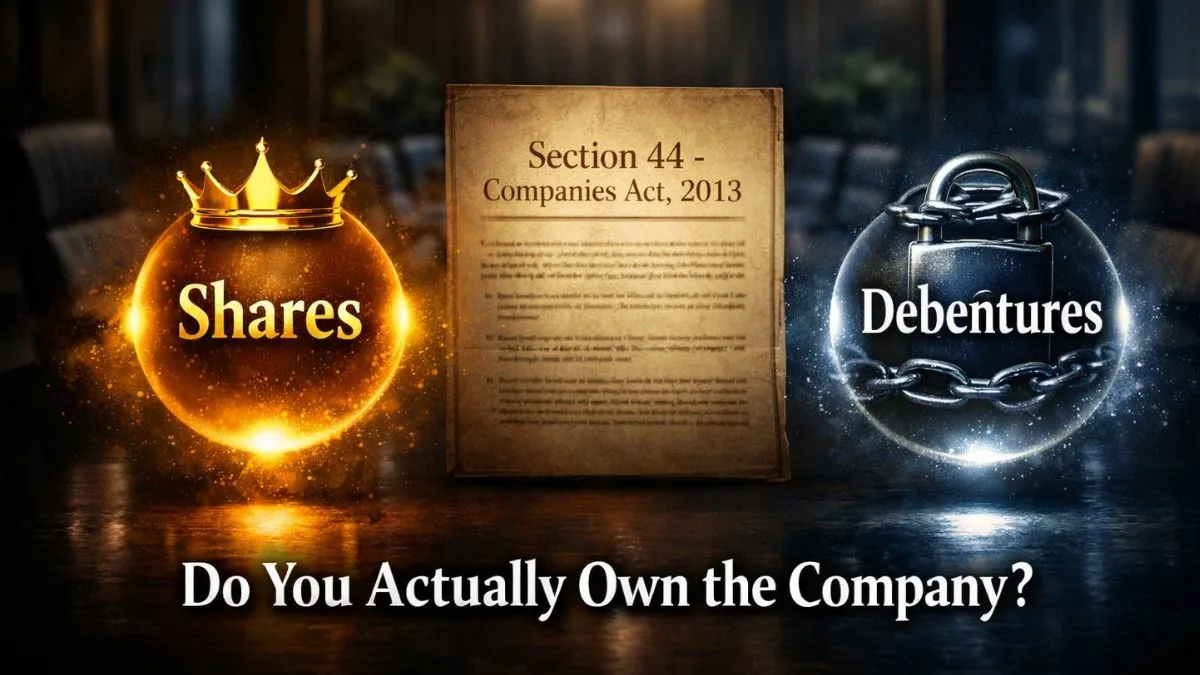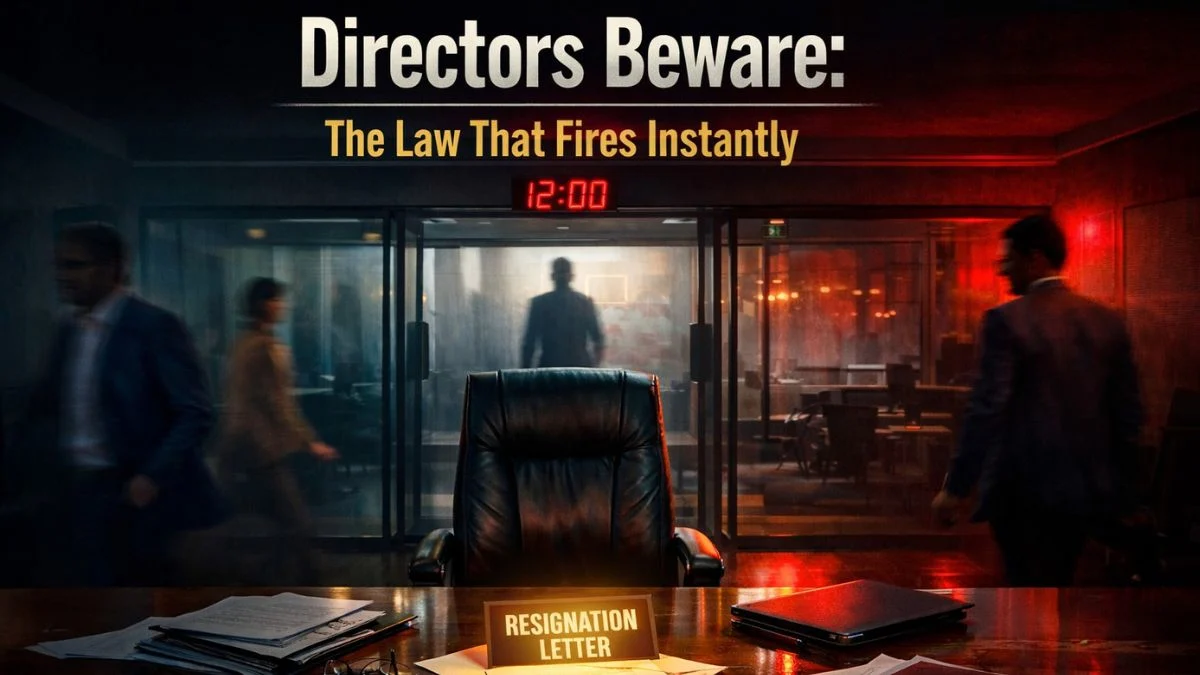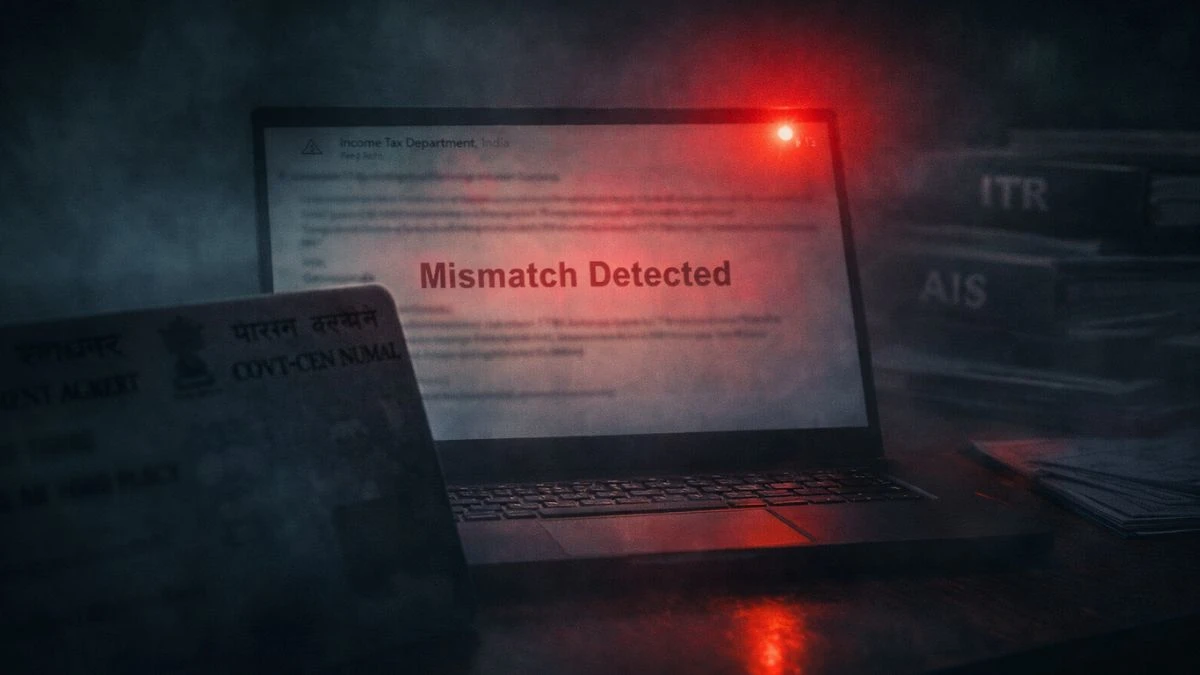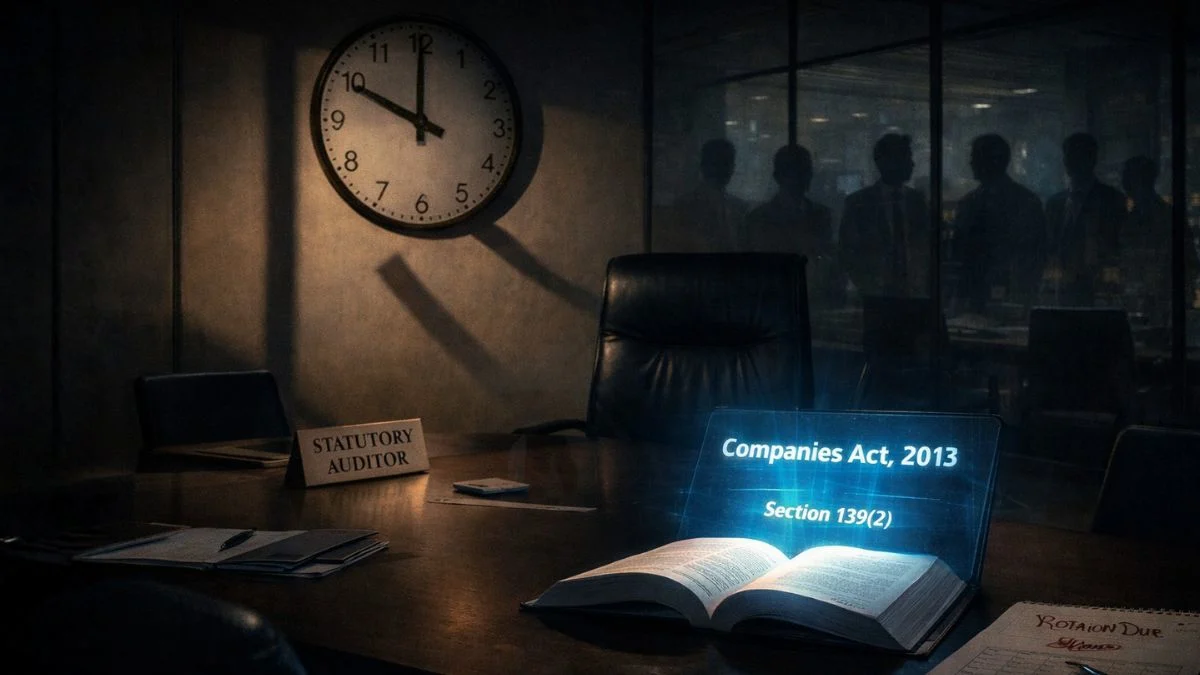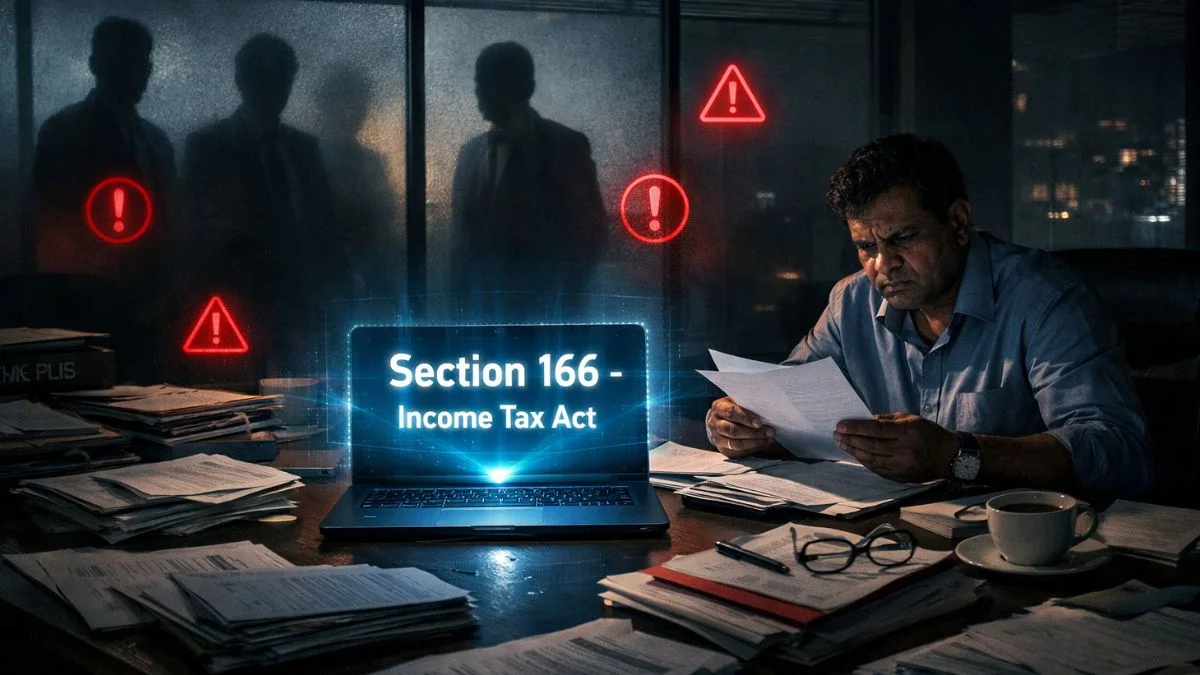
Every religious or charitable institution in India exists for a purpose — to serve society, not to earn profits. But when such institutions generate income from donations, property, or investments, questions arise: should that income be taxed?
That’s where Section 10(23BBA) steps in. It recognises that certain bodies or authorities manage religious and charitable endowments as a matter of duty, not commerce. So, it grants complete tax exemption on their income — as long as the money is used for the intended purpose.
In short, it ensures that funds meant for social and spiritual welfare stay untouched by tax burdens.
What Exactly Section 10(23BBA) Says
The section reads:
“Any income of any body or authority established, constituted or appointed by or under any law enacted either for the administration of any public religious or charitable trust or endowment (including matrimonial trusts or wakfs) shall not be included in the total income of that body or authority.”
In simpler words — if a body is legally set up to administer a temple, mosque, church, or charitable trust, then any income of any body or authority handling that work is completely exempt from income tax.
It’s a beautiful balance — the law supports faith & philanthropy without letting taxation get in the way of service.
Who Gets This Exemption?
The assessee is entitled to exemption under section 10(23BBA) only if the entity:
- Is a body or authority created by law — not a private individual or trustee."
- Administers religious or charitable trusts or endowments.
- Uses its income exclusively for that purpose.
Typical examples include:
- Hindu Religious and Charitable Endowment Boards of various states.
- Waqf Boards formed under the Waqf Act.
- Gurdwara committees and temple administration authorities.
All of these come under the umbrella of public charitable management — and therefore deserve relief.
Also Read: The Essential Guide for NGO Registration and Tax Exemption
The Logic Behind the Exemption
Think of a state-level temple board that collects donations from pilgrims. That money is used for cleaning, renovation, daily rituals, & community feeding. If the Income Tax Department taxed it, less money would reach the devotees and villagers who depend on the temple.
To prevent this, the Income Tax Act provides a list of incomes exempt from taxation, and Section 10(23BBA) is one of them. It acknowledges that these entities aren’t “earning” income — they’re stewarding it on behalf of society.
This spirit of public good is what keeps the provision alive & relevant even today.
What Kind of Income Is Covered?
The exemption is broad. It includes:
- Donations and offerings received in temples or charitable centres.
- Rent or interest income from properties belonging to these trusts.
- Grants from the government for maintenance or development.
As long as the money is used for religious or charitable work and not diverted to private use, the entire income remains tax-free under Section 10(23BBA).
When Exemption May Not Apply
Not every institution can claim this benefit. Private trusts or individuals managing their own property do not fall under this clause. The body must be established by law, not merely registered as a trust.
Also, if the income is used for purposes unrelated to the trust’s objectives — say, investing in commercial ventures — the exemption can be withdrawn.
The tax department looks closely at utilisation to ensure that religious & charitable funds aren’t misused under the guise of administration.
Real-Life Example: The Temple Board Story
Take the case of the Tirupati Tirumala Devasthanams Board. It was constituted under the Andhra Pradesh Charitable & Hindu Religious Institutions Act. Its income comes from donations, prasadam sales, and pilgrim services.
Since it is a statutory body managing a public religious institution, any income of any body or authority like TTD is exempt under Section 10(23BBA). The board doesn’t need to apply for a special registration — the exemption is automatic.
This clarity has helped hundreds of temple and waqf boards operate without litigation or confusion.
Also Read: Tax Treatment of Charitable Trusts & Institutions
Relationship with Other Sections
You might wonder how this differs from Sections 11 & 12, which also cover charitable income. Here’s the difference:
- Sections 11 and 12 apply to trusts registered under Section 12AB.
- Section 10(23BBA) applies to bodies created by law.
So while a private NGO may need registration & audit to claim exemption, a state Waqf Board or temple committee automatically qualifies as long as its law remains valid.
This distinction makes 10(23BBA) unique — it’s the only clause offering blanket relief to statutory religious bodies.
Common Misunderstandings
- Myth: Every religious organisation is exempt.
Fact: Only those set up by legislation qualify. - Myth: You must apply separately for approval.
Fact: No approval is required — exemption is automatic. - Myth: Exemption covers individual priests or gurus.
Fact: No — it applies to institutions, not persons.
Understanding these points prevents misfiling & penalties during ITR submission.
Why It Matters for Public Institutions
Religious boards and charitable authorities often manage huge resources — land, donations, educational initiatives, and medical aid. Taxing them would divert public money away from public welfare.
By exempting these entities, the law encourages transparency & ensures that devotees’ contributions go where they belong — to the people and causes they were meant for.
Documenting and Reporting Still Matters
Even though they are exempt, such bodies must maintain basic records — books of account, receipts, and minutes of decisions. In some cases, audits are required under state laws or religious boards’ regulations.
This helps in avoiding future disputes & strengthens the credibility of these institutions. Transparency is not a tax condition — it’s a trust condition.
How to Claim the Exemption
When filing returns, the authority usually marks its income as “exempt under Section 10(23BBA).” The Income-tax portal recognises this clause under the schedule for “Exempt Income.”
Supporting documents like legislative notifications or registration under the state law may be attached if requested during scrutiny."
A good practice is to consult a CA & ensure that the exemption is correctly disclosed in the ITR — because even exempt income needs accurate reporting.
Judicial View on Section 10(23BBA)
Indian courts have repeatedly upheld the intent behind this section. In several cases, High Courts have clarified that if a body is statutory and its activities are limited to administering religious or charitable trusts, its entire income is exempt.
This jurisprudence has brought consistency and predictability to how the law is applied across different states & communities.
Also Read: A Deep Dive into Charitable and Religious Income Exemptions
How This Section Fits India’s Cultural Framework
India’s diverse religious and philanthropic ecosystem depends on institutions that manage places of worship, heritage, and charity. Section 10(23BBA) protects them from financial strain so they can focus on their social role.
It’s a legal reflection of a cultural truth — that serving humanity & preserving faith should never be taxed.
Quick Summary
|
Clause |
Covers |
Tax Benefit |
|
Section 10(23BBA) |
Statutory bodies managing public religious or charitable trusts |
100 % income exemption |
|
Type of income |
Any income used for administering trusts or endowments |
Fully exempt |
|
Approval needed |
No separate approval required |
|
|
Example |
Waqf Board, Temple Trust Board, Gurdwara Committee |
|
|
Section linked |
Sections 11 & 12 (for private trusts) |
Final Thoughts
Section 10(23BBA) isn’t just a tax provision — it’s a recognition of India’s social fabric. By freeing religious & charitable bodies from tax, it lets them serve without bureaucratic burden. It is the law’s way of saying: “When your goal is to uplift others, your income should remain yours to give.”
Need Help Claiming Exemption or Filing ITR for Charitable Bodies?
At Callmyca.com, our experts help religious and charitable institutions file accurate returns, ensure compliance with Section 10(23BBA), and handle any income-tax queries smoothly. Reach out today & let your service to society stay fully tax-free.


